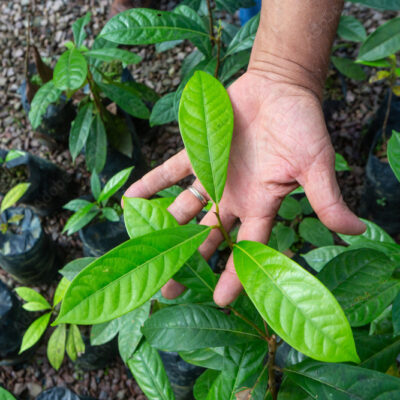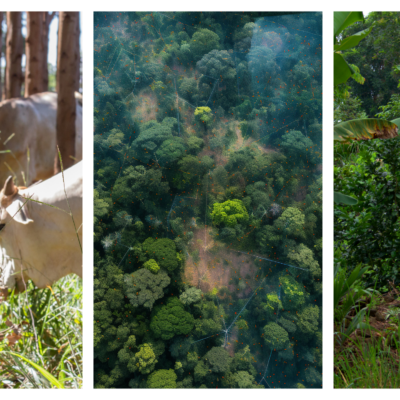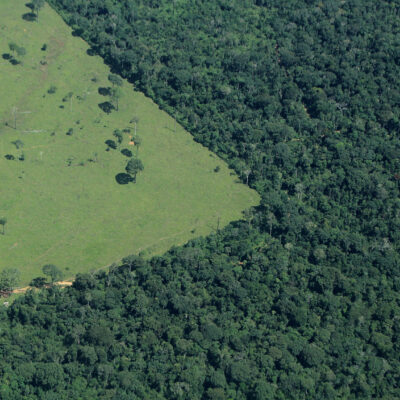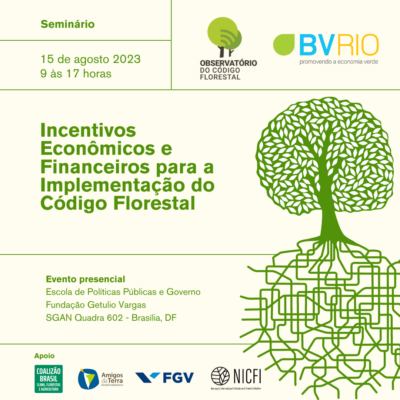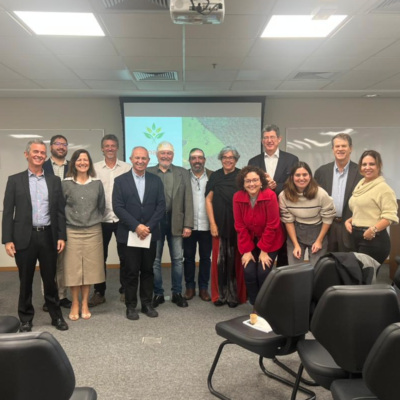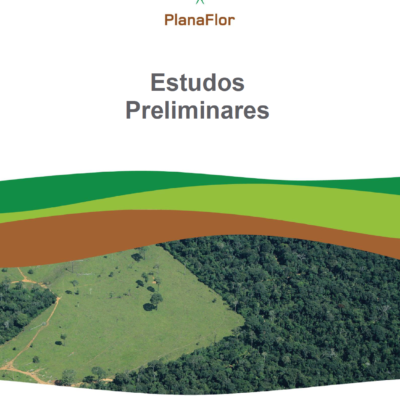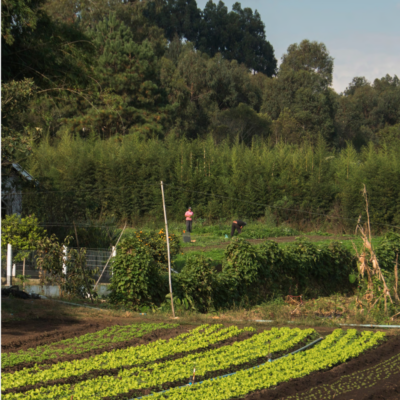
PlanaFlor: new index highlights challenges and strategies to strengthen smallholder farming in Brazil
The newspapers O Globo and Valor Econômico have recently published a pivotal article emphasising how climate change exacerbates the vulnerability of smallholder farming in Brazil, which accounts for 70% of the food consumed in the country. The report is based on an index on the topic, developed by PlanaFlor, a strategic plan aimed at promoting […]
Read more...
